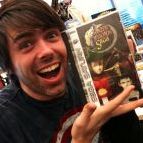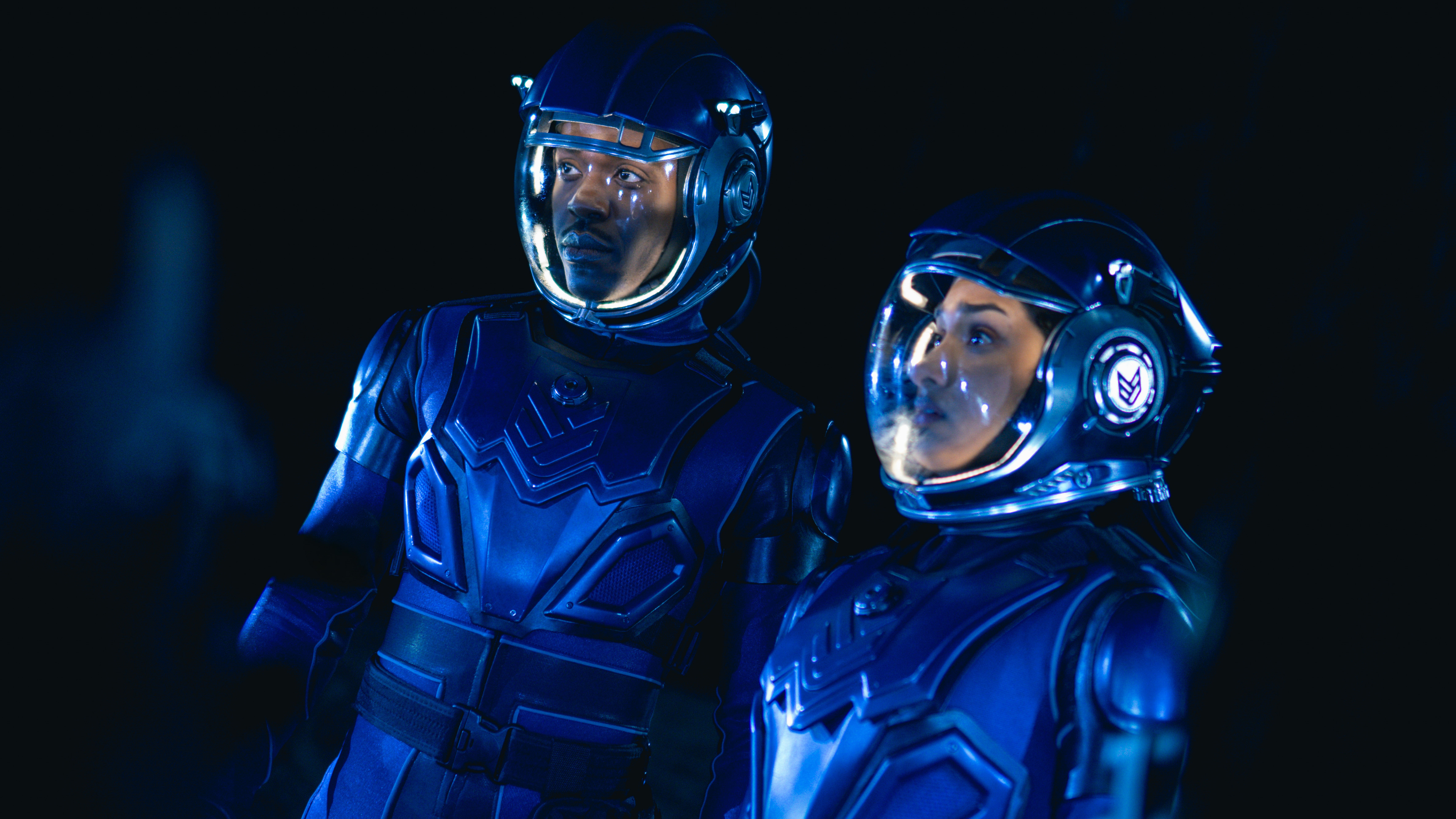Looking back: The Legend of Zelda
We dissect each and every game in this legendary franchise
Zelda II: The Adventure of Link | NES (1988) | GC (2003) | GBA (2004) | Wii (2007)
The only numeric sequel of the series is also the one least like its brethren. Its near total overhaul has earned it the "black sheep" label from every critic with an opinion to share.
The legend: The same Link from the first game goes on a quest to revive a comatose Princess Zelda. After exploring new areas of Hyrule and acquiring six hidden crystals, Link journeys to the Great Palace to reclaim the Triforce of Courage. With Courage, Power and Wisdom in tow, Link brings the cursed Zelda back to the real world.
Master swords: The raft, candle and flute return, but the big addition here is magic. After gaining enough experience points (another first for the series), Link would gain access to spells that let him shoot fire, turn into a fairy, jump twice as high or annihilate every enemy on the screen at once. Enemies would drop either red potions (for life) or blue (to refill the magic meter), though none ever dropped rupees, the series' traditional currency. Instead of freely roaming around from an overhead perspective, you battled enemies and tackled dungeons from a side-on view like so many other games of the time. This one change has caused a rift among Zelda fans, with half saying variety is good for the franchise, while the other side hisses and spits at a game that's Zelda in name only.
Despite the obvious differences, Zelda II introduced a handful of features that would stick around. Magic comes to mind (specifically the Reflect spell), but there's also Link's downward thrust, hover boots and the least-legendary item of all, the hammer.
Best moment: Your final challenge lies deep in the Great Palace... and it knows your every move.
I AM ERROR: Aside from ol' ERROR himself, we have to question the whole "leveling up" bit. The first game let you wander aimlessly, whereas in Zelda II you pretty much have to adhere to a strict path. If you haven't leveled up enough or run out of magic, you're out of luck when it comes time to face the bosses. Also, what's with the spell called "Spell?"
Sign up to the GamesRadar+ Newsletter
Weekly digests, tales from the communities you love, and more
It's a secret to everybody: This game apparently reveals the original princess Zelda. Years and years ago, the first Zelda was cursed to eternal sleep by a power-hungry wizard. To commemorate the sad occasion, it was decreed that all women born into the royal family would be named Zelda - Other than Four Swords Adventures, this is the only Zelda with no rupees - This was the 100th game released on Wii's Virtual Console - There's a dedicated jump button, something no other Zelda game can claim - It's also the only one to remove "The Legend of" from its title, save Link's Crossbow Training - Link actually speaks in this game, though his dialogue is hardly memorable. "I found a mirror under this table" is just one of his profound statements.
Hero of Time? Still fun, and so different from the rest that you can play it right after finishing another Zelda and not feel like you're doing the same thing. There's also an underappreciated soundtrack at work. Not the best, and a little tougher than the rest, but still better than countless other games. 8/10
The only numeric sequel of the series is also the one least like its brethren. Its near total overhaul has earned it the "black sheep" label from every critic with an opinion to share.
The legend: The same Link from the first game goes on a quest to revive a comatose Princess Zelda. After exploring new areas of Hyrule and acquiring six hidden crystals, Link journeys to the Great Palace to reclaim the Triforce of Courage. With Courage, Power and Wisdom in tow, Link brings the cursed Zelda back to the real world.
Master swords: The raft, candle and flute return, but the big addition here is magic. After gaining enough experience points (another first for the series), Link would gain access to spells that let him shoot fire, turn into a fairy, jump twice as high or annihilate every enemy on the screen at once. Enemies would drop either red potions (for life) or blue (to refill the magic meter), though none ever dropped rupees, the series' traditional currency. Instead of freely roaming around from an overhead perspective, you battled enemies and tackled dungeons from a side-on view like so many other games of the time. This one change has caused a rift among Zelda fans, with half saying variety is good for the franchise, while the other side hisses and spits at a game that's Zelda in name only.
Despite the obvious differences, Zelda II introduced a handful of features that would stick around. Magic comes to mind (specifically the Reflect spell), but there's also Link's downward thrust, hover boots and the least-legendary item of all, the hammer.
Best moment: Your final challenge lies deep in the Great Palace... and it knows your every move.
I AM ERROR: Aside from ol' ERROR himself, we have to question the whole "leveling up" bit. The first game let you wander aimlessly, whereas in Zelda II you pretty much have to adhere to a strict path. If you haven't leveled up enough or run out of magic, you're out of luck when it comes time to face the bosses. Also, what's with the spell called "Spell?"
It's a secret to everybody: This game apparently reveals the original princess Zelda. Years and years ago, the first Zelda was cursed to eternal sleep by a power-hungry wizard. To commemorate the sad occasion, it was decreed that all women born into the royal family would be named Zelda - Other than Four Swords Adventures, this is the only Zelda with no rupees - This was the 100th game released on Wii's Virtual Console - There's a dedicated jump button, something no other Zelda game can claim - It's also the only one to remove "The Legend of" from its title, save Link's Crossbow Training - Link actually speaks in this game, though his dialogue is hardly memorable. "I found a mirror under this table" is just one of his profound statements.
Hero of Time? Still fun, and so different from the rest that you can play it right after finishing another Zelda and not feel like you're doing the same thing. There's also an underappreciated soundtrack at work. Not the best, and a little tougher than the rest, but still better than countless other games. 8/10
A fomer Executive Editor at GamesRadar, Brett also contributed content to many other Future gaming publications including Nintendo Power, PC Gamer and Official Xbox Magazine. Brett has worked at Capcom in several senior roles, is an experienced podcaster, and now works as a Senior Manager of Content Communications at PlayStation SIE.



